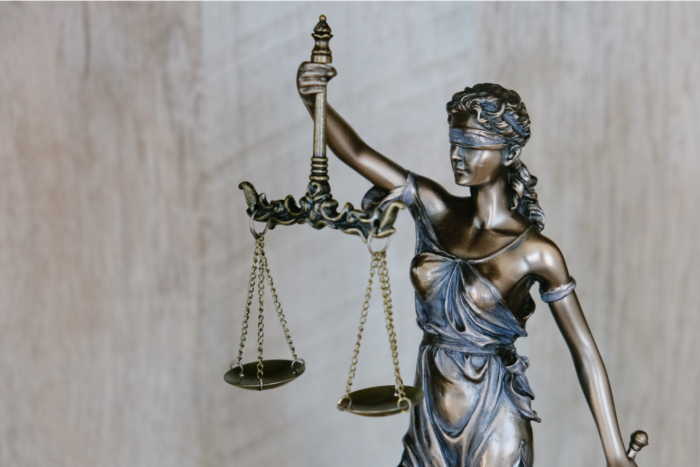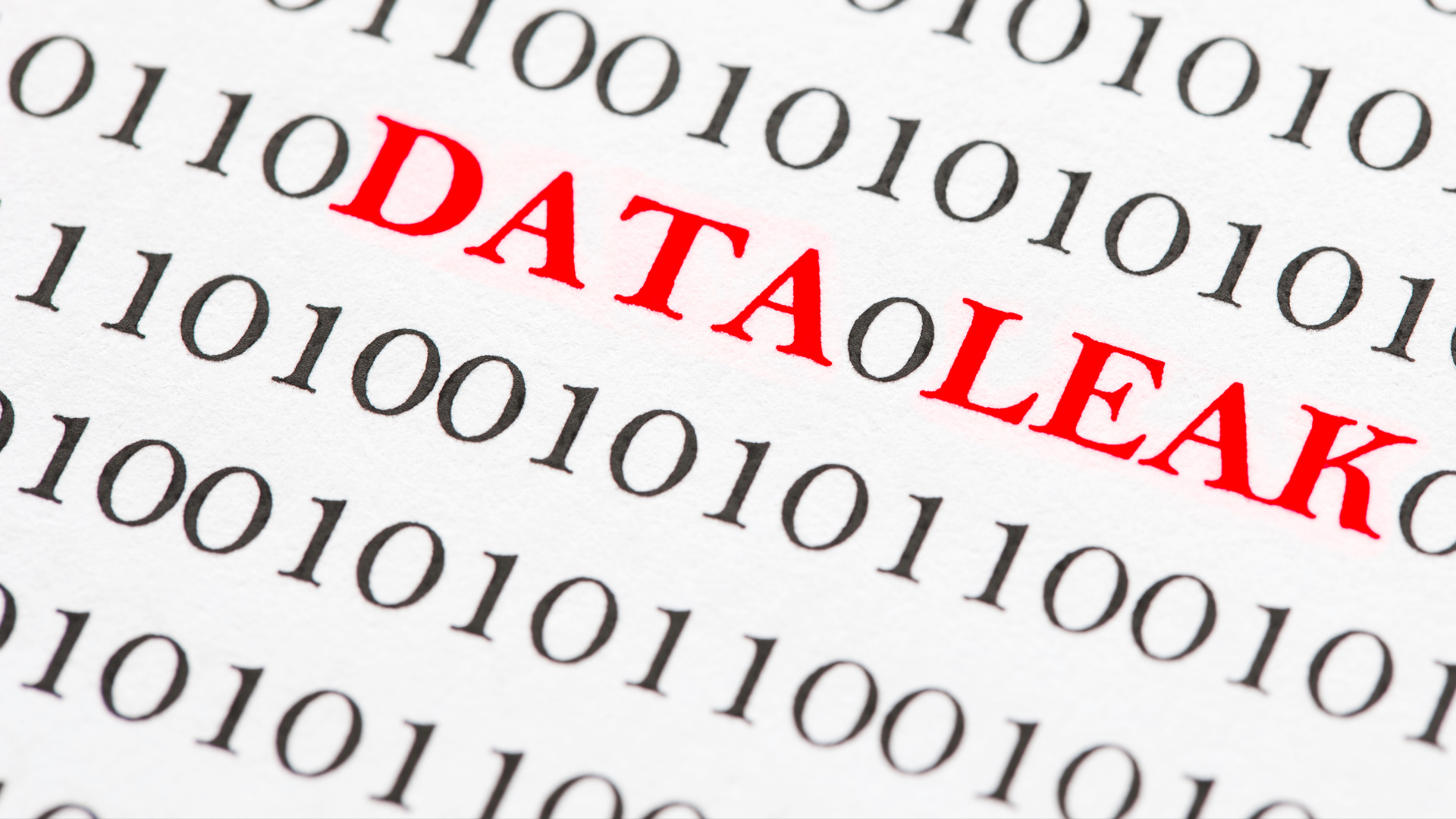The Polish Financial Supervision Authority has partnered with #Fakehunter, the project created by the Polish Press Agency and GovTech Polska to fight disinformation. Whilst the project started as a tool to prevent the spread of fake news in relation to the Covid-19 issues, its creators have decided to expand it to include financial issues.
‘Recognizing the problem of fake news as a real threat to the security of the financial system of the state, we decided to cooperate with the Polish Press Agency and GovTech Polska. We want to limit the chain of false information so as not to infect other recipients with it. You have to put up a kind of dam’, says Kamil Mroczka, General Director at the Office of the Polish Financial Supervision Authority.
#FakeHunter is a bold and socially responsible project in which anyone who wants to distribute reliable information in public space can participate. The aim of the project is social verification of content related to the SARS-CoV-2 virus, published on the Internet. Any Internet user can submit questionable content for verification, and then a report prepared by social verifiers is published on the website.
‘The #Fakehunter project aroused great interest of Internet users. Thanks to them we receive reports every day – information about coronavirus that raises doubts. All elements of the project have been tested and work well, so it’s time for other entities who want to get involved in the fight against the phenomenon of fake news to take advantage of this tool. That is why we provide software on an open license basis. Enabling the use, copying, development and further dissemination of this tool in this difficult time is an element of concern for health and social security’, explains Wojciech Surmacz, the president of the board of PAP.
The Polish Press Agency, together with GovTech Polska, have made available #FakeHunter software in the open source to fight disinformation. The application software is distributed under an open license enabling copying, development and further distribution. The goal of both institutions is to limit the negative effects of the spread of false content by substantive verification and denying.








